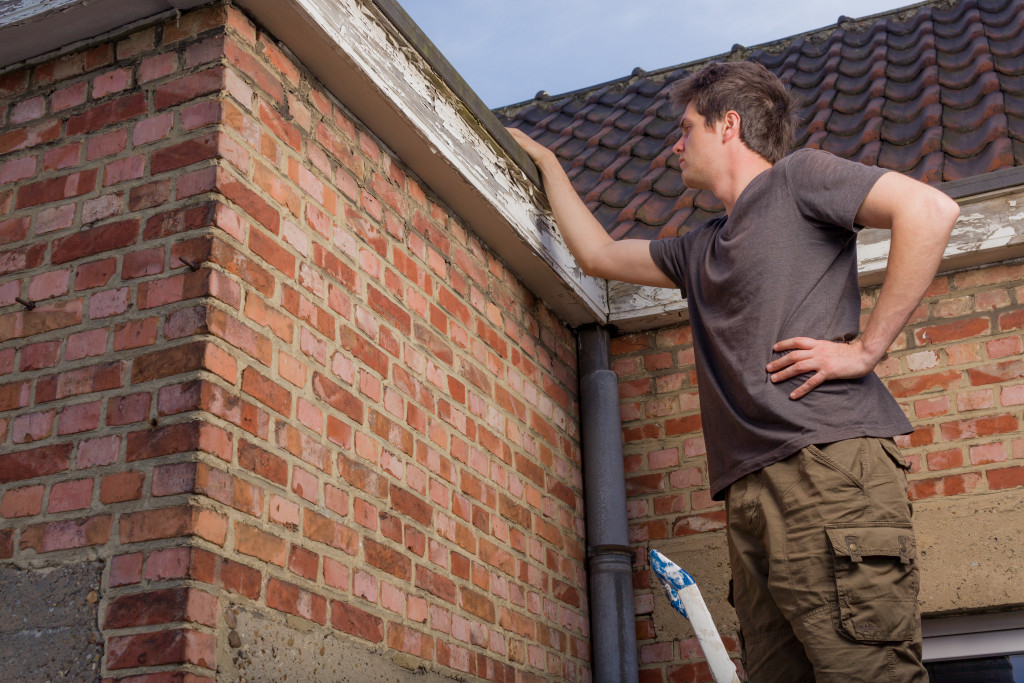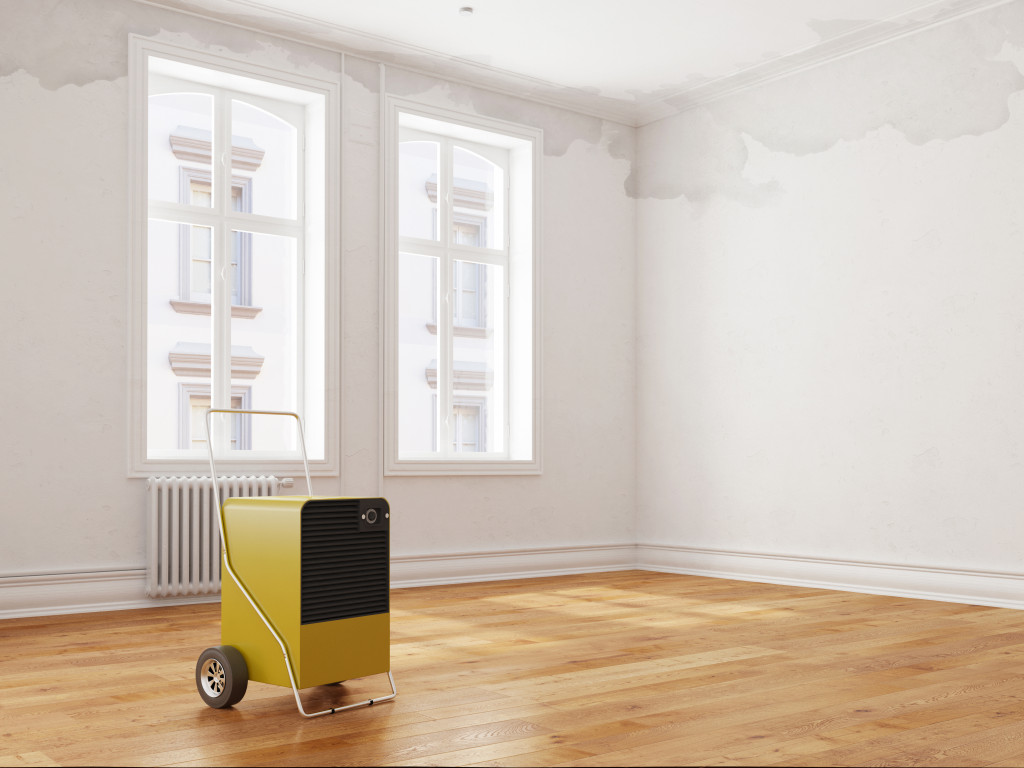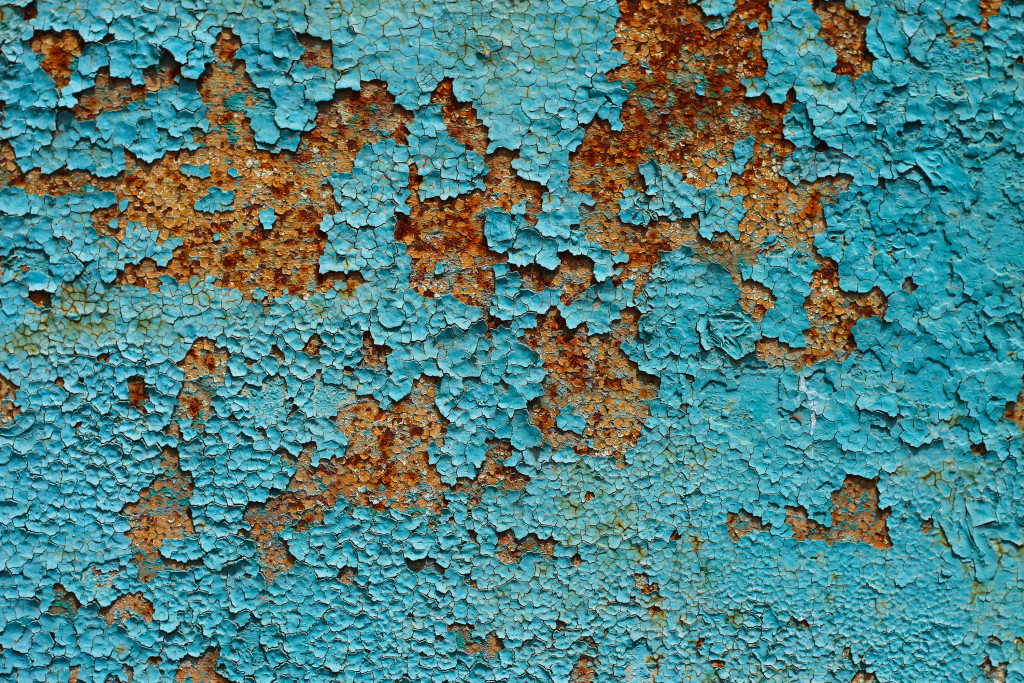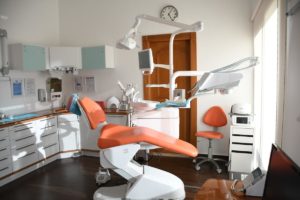• Corrosion is caused by chemical or electrochemical reactions between metal surfaces and their environment, which leads to dangerous toxins in the air and water.
• Homeowners should regularly inspect pipelines, roofs, and foundations to detect corrosion early and prevent further damage.
• Proper ventilation and regular maintenance are key to preventing corrosion of metal surfaces in the home.
• Use galvanized iron, stainless steel, and zinc alloys for repairs as they are more corrosion-resistant.
You may not think about it daily, but corrosion can seriously risk your family’s health if it goes undetected. The presence of corrosion can lead to dangerous toxins in the air and water and weaken the home’s structure. Homeowners must understand what corrosion is, what causes it, and how to protect themselves from its effects.
What is Corrosion?
Corrosion is a gradual destruction caused by chemical or electrochemical reactions between a metal surface and its environment. These reactions cause the metal to deteriorate and break down, leading to structural damage and contaminating the surrounding area with metal particles and other hazardous substances released into the air or water. Here are things that can be affected by corrosion at home:
Plumbing and Water Pipes
Corrosion of pipes and plumbing fixtures can lead to the release of heavy metals into drinking water and leaks that can damage walls and ceilings. Drinking water with high levels of copper, lead, and other minerals can cause a range of health issues for your family, such as digestive problems, and long-term exposure to these contaminants can lead to more serious health problems like kidney and liver damage.
Furnace and Heating Systems
Corrosion can damage the furnace and heating system by causing leaks and other malfunctions, leading to potential fires. It also releases toxins into the air that your family can breathe in and increase their risk of respiratory problems.
Roofs and Foundations
Corrosion of roofs or foundations can cause structural instability, compromising the safety of your home. Corroded roofing materials can also allow water to seep in, leading to further damage and an increased risk of mold growth.

Causes of Corrosion
Corrosion does not just happen—several factors can contribute to it. These include:
- Exposure to moisture: This is one of the most common causes of corrosion, as moisture can react with metal surfaces and cause them to oxidize.
- Exposure to salt: Saltwater and brackish water are particularly corrosive, as they contain high salts that can quickly corrode metal.
- Chemical reactions: Chemicals such as acids, bases, and solvents can damage metal surfaces, causing rust.
- Poor ventilation in the home: Poor ventilation can cause moisture to linger in the air, which increases the risk of corrosion.
Protecting Your Family
Fortunately, there are ways to prevent and protect your family from the damaging effects of corrosion. Here are some tips to help you:
Inspect Pipelines
With the help of an expert, you can inspect pipelines regularly to detect corrosion early. This will help you prevent further damage and protect your family’s safety. Using intelligent pigging techniques, experts use devices that run through the pipeline and detect any irregularities in the pipe’s walls. These intelligent pigs can detect early signs of corrosion, so you can proactively repair it before it causes more damage
Inspect Roofs & Foundations
Ensure your roofs and foundations are properly maintained, as corrosion can lead to major structural issues. Ensure there are no stagnant pools of water around the foundation or any cracks in the roof. Regularly check for signs of rust and mold, as they all indicate corrosion. Remember to regularly inspect for signs of rust or rot and have any problems taken care of quickly.
Provide Proper Ventilation
Install air vents in key areas such as kitchens and bathrooms, which can help direct moisture outdoors instead of allowing it to linger in the air and corrode metal surfaces. You should also invest in a dehumidifier if your home is often damp. Dehumidifier acts as a vacuum, removing moisture from the air and preventing it from settling on metal surfaces. You should also open windows and doors when possible to let fresh air in and keep moisture out.

Regular Maintenance
You should adopt good maintenance practices, such as regular cleaning and inspecting pipes, roofs, and other metal surfaces to help prevent corrosion. Use the right materials for repairs and take steps to protect your home from water damage or exposure to corrosive elements. You can use the following materials for a safe repair:
- Galvanized iron
- Stainless steel
- Zinc alloys
These materials are more corrosion-resistant and can help protect your home for years.
Corrosion is a serious issue that can cause costly damage to your home and risk your family’s health. With these simple tips, you can ensure your home is safe from corrosion and your family is safe from harm. Remember, corrosion prevention is always better than repairing the damage afterward! So make sure you stay informed and take action today.



















